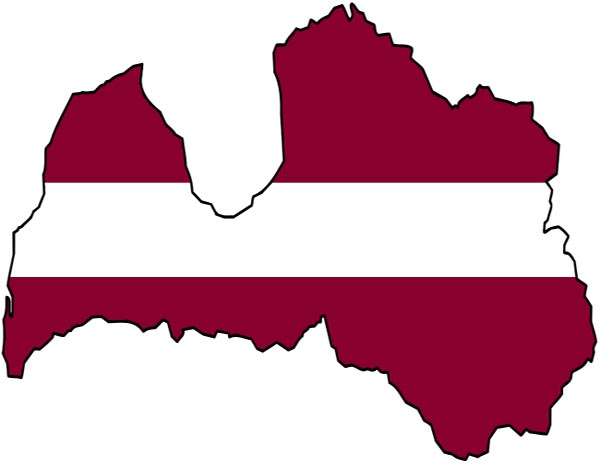Tough times help Latvian capital rediscover its German side
 Riga - The spring sunshine in the Latvian capital, Riga, is not just cheering up locals dismayed at their country's nose-diving economy - it is also luring back tourists, many of them from Germany.
Riga - The spring sunshine in the Latvian capital, Riga, is not just cheering up locals dismayed at their country's nose-diving economy - it is also luring back tourists, many of them from Germany.
Latvia and Germany have a closely entwined but troubled history - despite being founded by a German bishop in 1201, Nazi Germany's invasion followed by Soviet occupation have erased many of the earlier bonds between the two.
But as the small Baltic state suffers the EU's deepest-biting recession, the influx of visitors from Germany is more than welcome.
Some of those tourists are tracing family roots back to the years when Riga was a German-dominated trading port with closer links to Luebeck and Konigsberg (present day Kaliningrad) than to its Latvian hinterland.
Riga was founded by Albert von Buxhoeveden, a bishop from Bremen, at the beginning of the 13th century, and the wealth generated by German settlers and merchants turned it into a leading member of the Hanseatic League.
Much of what the tourists photograph today is a German city, from the cathedral and Jugendstil architecture to the Menzendorff House museum built by alderman Jurgen Helm in 1695.
German influence all but disappeared after World War II until Latvia regained its independence from the Soviet Union in 1991, when a new generation of German businessmen and entrepreneurs started investing.
Now, the seven-centuries-old German link with Riga is coming into its own. With the boom times over, many foreign investors are leaving, but German businesses are proving more loyal, according to the latest findings from the German-Baltic Chamber of Commerce, whose members include E-On Ruhrgas, DnB Nord, Bayer and Siemens.
"German companies are always loyal," according to Germany's Ambassador to Latvia, Detlef Weigel. It is a sentiment that was expanded upon by Maren Diale-Schellschmidt of the chamber of commerce.
"German companies are both businesslike and emotional. They are not only doing good business but they like working here," she told the German Press Agency dpa.
With unemployment rates creeping past 10 per cent, German companies' reluctance to sack their local workforce is also being appreciated, particularly at a time when Germany's own unemployment figures are climbing.
"The majority of members said they are not planning major reductions of the labour force - much less than the general tendency in the Baltic states," said Diale-Schellschmidt.
Riga's rediscovery of its German side extends beyond business and into the political and cultural spheres, too.
Latvian Prime Minister Valdis Dombrovskis received a huge boost on a recent visit to Germany when Chancellor Angela Merkel said she supported his attempts to win revised terms for a 7.5-billion-euro (10-billion-dollar) economic assistance package.
The leaders also discussed development of the transport sector where Latvia has implemented a number of projects with German companies Deutsche Bahn and DB Schenker.
"The support of Germany is very important for Latvia," said Dombrovskis, who himself has lived in Germany and speaks fluent German.
A cultural festival in Riga titled "O! Vacija" ("Oh! Germany") organised by the Goethe Institute proved to be a massive hit in 2008.
This year, the cultural organization ran a competition for students titled: "Latvia and Germany - a common past," with the first prize of a language course in Germany.
"When I speak German in Riga, nearly everybody understands," said Mechthild Spiegel, who is responsible for co-ordinating the teaching of German in Latvia.
Evidence of the effectiveness of such efforts arrives on May 13 when more than 100 students will receive diplomas in German at the University of Latvia, confirming that a knowledge of the language is useful for much more than leading groups of German tourists around Riga's Old Town. (dpa)